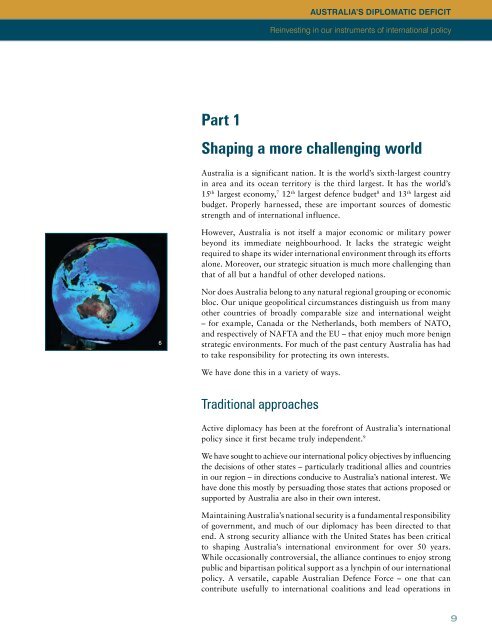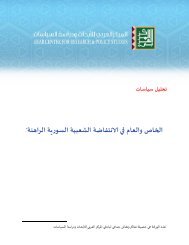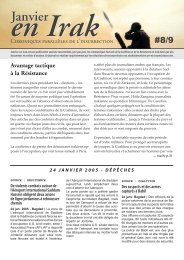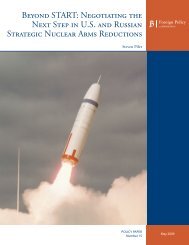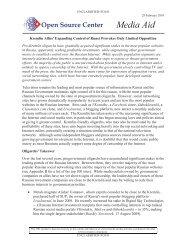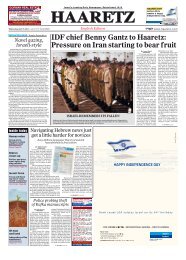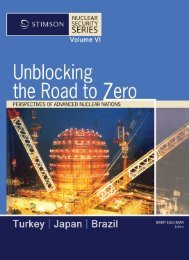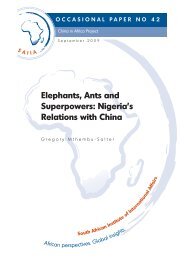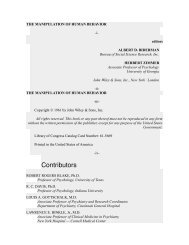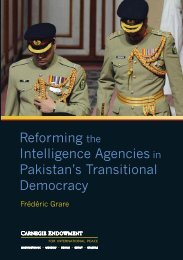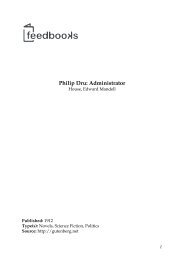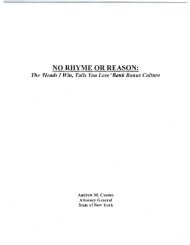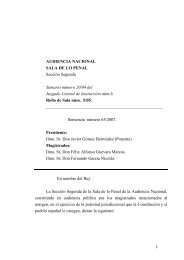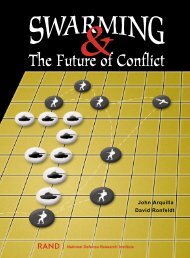Download PDF - Lowy Institute for International Policy
Download PDF - Lowy Institute for International Policy
Download PDF - Lowy Institute for International Policy
You also want an ePaper? Increase the reach of your titles
YUMPU automatically turns print PDFs into web optimized ePapers that Google loves.
AUSTRALIA’S DIPLOMATIC DEFICIT<br />
Reinvesting in our instruments of international policy<br />
Part 1<br />
Shaping a more challenging world<br />
Australia is a significant nation. It is the world’s sixth-largest country<br />
in area and its ocean territory is the third largest. It has the world’s<br />
15 th largest economy, 7 12 th largest defence budget 8 and 13 th largest aid<br />
budget. Properly harnessed, these are important sources of domestic<br />
strength and of international influence.<br />
However, Australia is not itself a major economic or military power<br />
beyond its immediate neighbourhood. It lacks the strategic weight<br />
required to shape its wider international environment through its ef<strong>for</strong>ts<br />
alone. Moreover, our strategic situation is much more challenging than<br />
that of all but a handful of other developed nations.<br />
6<br />
Nor does Australia belong to any natural regional grouping or economic<br />
bloc. Our unique geopolitical circumstances distinguish us from many<br />
other countries of broadly comparable size and international weight<br />
– <strong>for</strong> example, Canada or the Netherlands, both members of NATO,<br />
and respectively of NAFTA and the EU – that enjoy much more benign<br />
strategic environments. For much of the past century Australia has had<br />
to take responsibility <strong>for</strong> protecting its own interests.<br />
We have done this in a variety of ways.<br />
Traditional approaches<br />
Active diplomacy has been at the <strong>for</strong>efront of Australia’s international<br />
policy since it first became truly independent. 9<br />
We have sought to achieve our international policy objectives by influencing<br />
the decisions of other states – particularly traditional allies and countries<br />
in our region – in directions conducive to Australia’s national interest. We<br />
have done this mostly by persuading those states that actions proposed or<br />
supported by Australia are also in their own interest.<br />
Maintaining Australia’s national security is a fundamental responsibility<br />
of government, and much of our diplomacy has been directed to that<br />
end. A strong security alliance with the United States has been critical<br />
to shaping Australia’s international environment <strong>for</strong> over 50 years.<br />
While occasionally controversial, the alliance continues to enjoy strong<br />
public and bipartisan political support as a lynchpin of our international<br />
policy. A versatile, capable Australian Defence Force – one that can<br />
contribute usefully to international coalitions and lead operations in<br />
9


